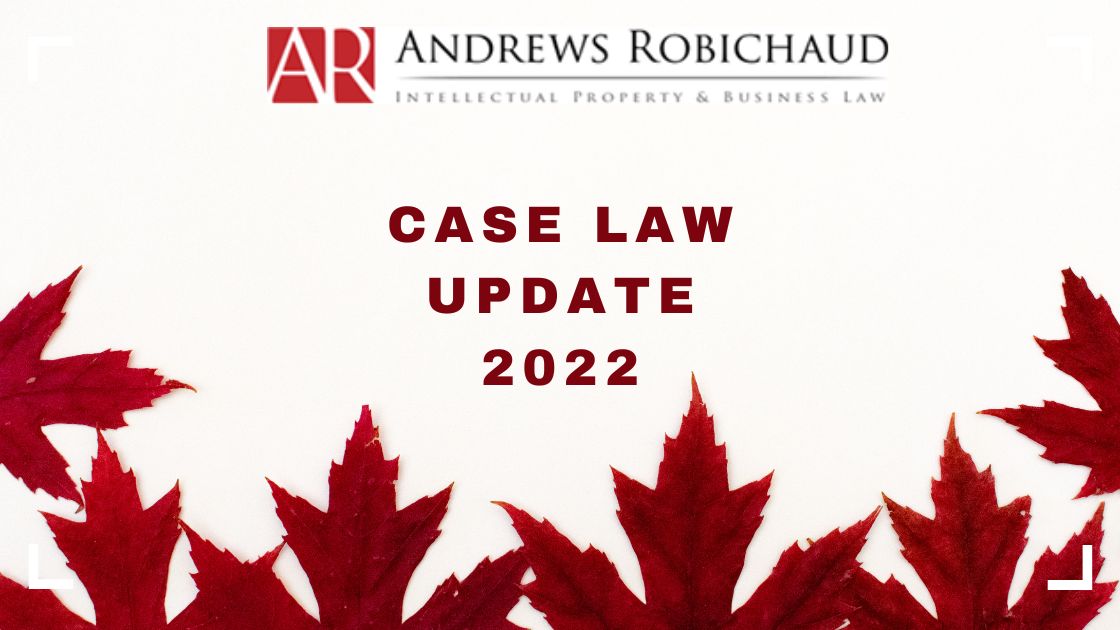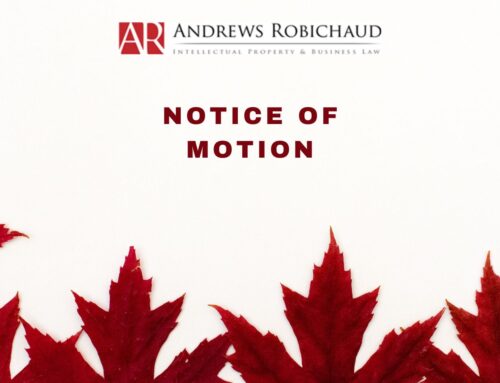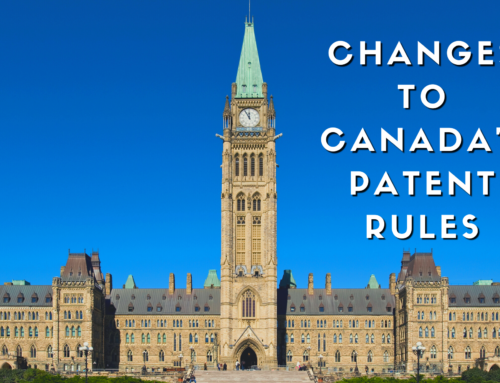By Tracy Corneau & Steven Andrews
Background
On October 30, 2020, the Plaintiff, 278861 Ontario Inc. applied to register BOMBAY FRANKIES in association with catering services, restaurant services, takeout restaurant services and delivery of food by restaurants; offering technical assistance in the establishment and operation of restaurant franchises. The Plaintiffs had not used their trademark in Canada prior to the hearing. The application had not been examined, published for opposition or registered.
The Defendants opened two restaurants in Ontario in 2021 and began using the name BOMBAY FRANKIE on its restaurants and to identify menu items.
The Plaintiff argued that an interlocutory injunction should be granted based on the date/rights conveyed under its prior trademark application (which would extend to its registration once registered). It further argued that the Defendant’s subsequent use of a confusingly similar name could affect the distinctiveness of the Plaintiff’s trademark and potentially prevent its application from proceeding to registration.
The Defendant argued that the Plaintiff’s trademark should not be granted rights as its application has not been examined, advertised for opposition or registered, and is nothing more than a pending application. The Defendant’s also argued that, as the Plaintiff has not used its trademark there can be no confusion between the respective marks by the public and there is no goodwill or reputation attaching to the Plaintiff’s trademark, and therefore, no basis for passing off.
The Defendants further argue that the Plaintiff has no basis for claiming infringement of its trademark as the mark is yet to be registered.
The Ontario Divisional Court granted the Plaintiff an interlocutory injunction taking into consideration the triparty test set out in RJ MacDonald v. Canada [1994], S.C.J. No. 17 which considers whether or not there exists: 1) an arguable case to be tried; 2) irreparable harm which cannot be compensated for financially, and 3) a balance of convenience favouring the applicant.
In granting the interlocutory injunction the Court noted that there was a serious issue to be resolved at trial as to whether trademark rights begin at the time of filing an application and solidify at registration and if the Plaintiff would suffer irreparable damage to the distinctiveness of its trademark were the Defendant permitted to continue to use its BOMBAY FRANKIE trademark in Canada. Interlocutory injunctions are often sought to prevent irreparable damage to a plaintiff’s goodwill. The Court also recognized that the Plaintiff’s trademark did not involve a bad faith filing or squatting situation.
This decision is of interest given it can currently take upwards of 44 months for the Canadian Trademarks Office to examine a new application. In the interim, another party or competitor could use this timeframe to invest significantly into a business and effectively prevent the first to file owner entry into the marketplace.
The decision has been appealed to the Superior Court of Justice – Ontario.
The Patent and Trademark Institute of Canada (IPIC) has filed an intervention in this case on the basis that neither trademark infringement nor passing off are supportable based upon the facts found by Chief Justice Brown. It argues that the owner of a pending application should not be able to sue for infringement until the trademark is registered. Additionally, it submits that, while unregistered trademark owners can sue for passing off, they must establish a reputation in the trademark in association with the services, which it argues does not exist in this instance, as the trademark in question has not been put into use.
What do the issues raised in this case mean for trademark practitioners and owners?
Currently, this case highlights the following:
1. The importance of conducting trademark searches prior to use of a mark in Canada.
2. It encourages first to file applications to secure a date of entitlement.
3. The importance of establishing some use of the trademark in the marketplace to pre-emptively prevent another party from establishing use.
4. It suggests the Courts may be willing, in certain circumstances, to consider the date of a pending application to support the basis for an interlocutory injunction.
5. It suggests the Court may consider the previously filed application if the applicant has clean hands (e.g. is not a trademark squatter or filed its application in bad faith).
Additionally, no matter how the court ultimately rules on this case, it will fundamentally impact the significance of filing trademark applications in Canada, so it is definitely one to watch.






Leave A Comment